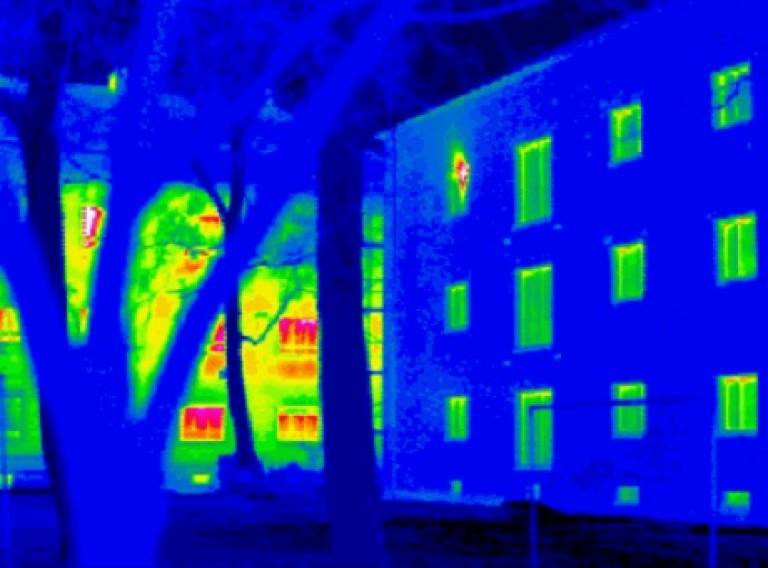Development of Annex 70 on Building Energy Epidemiology approved by IEA committee
3 December 2015

The Executive Committee for the International Energy Agency (IEA) research programme for Energy in Buildings and Communities (EBC) have recently approved Annex 70 – Building Energy Epidemiology: Analysis of real building energy use at scale to enter into the development phase.
As COP 21 begins and governments work to develop demanding and realistic carbon emissions reduction plans, this Annex will specifically focus on supporting decision-makers and investors in their efforts to transform to a low carbon and energy efficient built environment. This transformation will require a raft of technology and policy interventions that, to be truly effective, will require comprehensive empirical evaluation. Annex 70 supports this transformation by engaging with stakeholders and developing best practice methods that use real world data of energy demand in buildings and communities.
The Annex development is being led by researchers at the RCUK Centre for Energy Epidemiology, based at the UCL Energy Institute. The Annex will be developed in collaboration with government, research institutions and industry from around the globe and will comprise a major research activity on population level energy demand in buildings.
Annex 70 will focus on:
- Engaging with stakeholders to evaluate the scope of accessing and using empirical data to inform government policymaking and support industry to develop and implement low carbon solutions for buildings and communities;
- Establishing best practice in methods for gathering and analysing population-scale building and energy use data; and,
- Undertake comparisons across national approaches to develop energy and building stock datasets, stock models, and the energy performance gap to identify and share insights.
Building energy epidemiology is the study of energy demand to improve the understanding of variation and causes of difference among the energy-consuming population. Energy epidemiology seeks to investigate causes and effects of key factors on energy demand within a population. It considers the complex interactions between the physical and engineered systems, socio-economic conditions, and individual interactions and practices of occupants.
For more information on the Annex 70 contact Dr Ian Hamilton, Prof. Paul Ruyssevelt and Prof. Tadj Oreszczyn.
More information on the RCUK Centre for Energy Epidemiology
Image credit: Passivhaus, Institut Germany - Wikipedia CC BY-SA 3.0
 Close
Close

